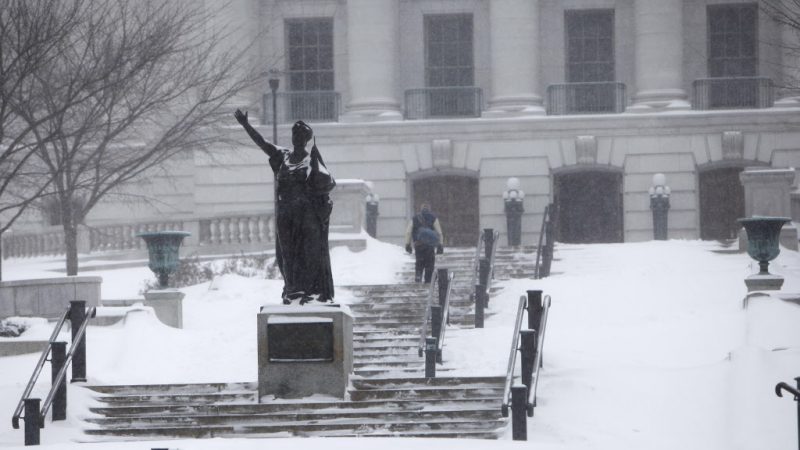Assembly Speaker Robin Vos at a Wisconsin Counties Association event sought to lower local government expectations for more money this budget cycle. During a roundtable with other leggie leaders Wednesday, the Rochester Republican blasted Dem Gov. Tony Evers' budget for using "phony math." He argued there's nowhere near enough revenue to fund Evers' proposals, even just on K-12 spending. He also t...
Please log in to access subscriber content.
If you don't have a subscription, please contact schmies@wispolitics.com for subscription options on the WisPolitics-State Affairs platform, which is the new home for WisPolitics subscriber products.

